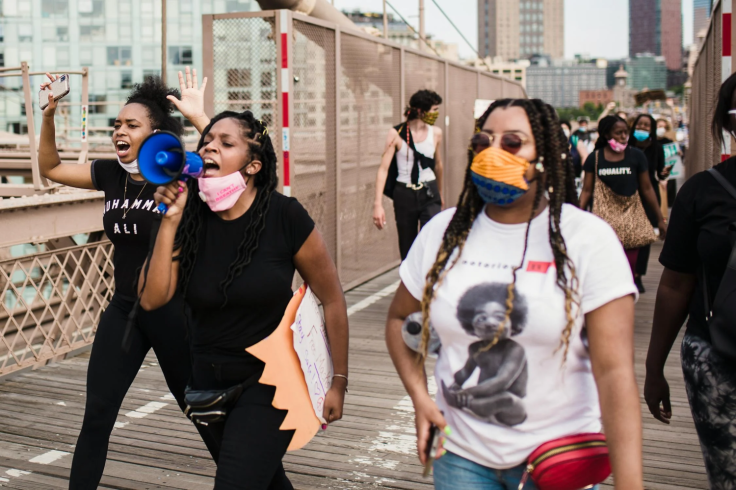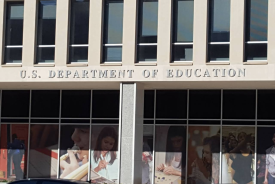Campus Free Speech and Academic Freedom Clash Amid Targeting of Pro-Palestinian Expression
ByIn recent years, campuses across the United States have become battlegrounds where the principles of academic freedom and free speech are being tested. The focus of this clash? Pro-Palestinian expression.
Forces ranging from campus police to state troopers to national lawmakers have targeted faculty and student expression, particularly in support of Palestinians. This trend has sparked heated debates and raised serious concerns about the state of free speech on college campuses.

The Controversial Columbia Incident: A Flashpoint for Debate
One of the most notable incidents that ignited this debate occurred at Columbia University. Republican U.S. House of Representatives members condemned three pro-Palestinian Columbia University faculty members during a congressional hearing, part of a series interrogating elite university leaders over campus antisemitism. Instead of staunchly defending her professors, Columbia's president agreed with some of the politicians' criticisms and indicated that investigations were underway.
On the same day as the hearing, pro-Palestinian students established an encampment on Columbia's campus. The following day, Columbia's president called in the New York Police Department to clear the encampment, resulting in the arrest of more than 100 students. This incident exemplifies the escalating tensions surrounding pro-Palestinian expression and the responses it has elicited from university administrations and law enforcement.
Academic Freedom vs. Campus Order: Balancing Act or Overreach?
The clash between pro-Palestinian expression and campus authorities raises complex questions about the balance between academic freedom and maintaining order on campus. While some argue that encampments and protests may violate campus policies and disrupt university operations, others view these actions as legitimate forms of expression protected by academic freedom.
Erwin Chemerinsky, dean of the University of California, Berkeley School of Law, argues that encampments raise free-speech issues more than academic freedom worries. He emphasizes that while professors and students have the right to express themselves, universities have the right to impose restrictions on how and when such expressions occur.
However, critics like Robert Cohen, a professor at New York University, see the evictions and arrests as a form of censorship targeting an unpopular movement. They argue that academic freedom is crucial, especially during times of war, to allow for the free exchange of ideas and challenge prevailing orthodoxies.
The Role of Political Pressure and Donor Influence
Political pressure and donor influence have also played a significant role in shaping the response to pro-Palestinian expression on campuses. Some politicians have called for broader definitions of antisemitism when investigating universities over such allegations. House Republicans have summoned university leaders to testify, and state legislatures have passed anti-DEI legislation that could affect what is taught in classrooms.
Critics argue that such interventions undermine the autonomy of universities and threaten academic freedom. They see it as part of a broader attack on higher education and academic inquiry aimed at limiting what can be taught, researched, and discussed on campus.
Navigating the Complexities of Campus Free Speech
As the debate over pro-Palestinian expression on college campuses continues, it is clear that the issues at stake are complex and multifaceted. Balancing the principles of academic freedom and free speech with the need to maintain campus order and address concerns of antisemitism is a challenging task.
Universities must navigate these complexities carefully, ensuring that they uphold academic freedom principles while addressing legitimate concerns about campus safety and order. Ultimately, the ability of universities to serve as spaces for free inquiry and robust debate depends on their commitment to protecting the rights of students and faculty to express diverse viewpoints, even when those viewpoints are controversial.
© 2026 University Herald, All rights reserved. Do not reproduce without permission.








